What Special Elections Tell Us and Don’t Tell Us
Too many people with an opinion blurt out the contents of their minds without ever having done a shred of research. Now is the time for fact, not fiction.
I recently explained why X’s ad revenue program fosters clickbait commentary from large accounts of all ideologies:
You know who they are - they’re usually the people everyone unfollows when endless drama breaks out:
Crisis comes
Supposed free-thinkers follow media narratives
Doom is declared
“It’s over” and “everything has been a waste” is the message of the day
Millions of panicked subscribers repost, share, comment, and echo “I told you so” until even larger accounts magnify the payouts going to those qualified to receive them
They usually don’t have much to say when things are going well, but cash in when an opportunity to attract the chronically pessimistic to their stream of consciousness. We had an excellent catalyst for this behavior happen this week, after Iowa Democrat Catelin Drey defeated Republican Christopher Prosch in a special election for Iowa’s 1st State Senate District, centered around Sioux City in northwest Iowa. The seat was vacated after the incumbent Republican died in June.
Before I dissect that race, I need to share a personal reflection from my past that will help you come to grips with what I’m laying out today. I was a student assistant for the Ole Miss baseball program from 2003 to 2007, and I helped the coaching staff with advanced analytics a solid decade before college baseball programs started investing heavily in gaining that sort of competitive edge. The Southeastern Conference is a brutal conference, and the teams pound on each other for 30 games each in league play. There is sometimes not much difference in quality between the league champion, usually with 19 to 21 wins in conference play, and the middle of the pack programs sitting between 14 and 16 conference wins. Once conference play has begun, the teams still play what are called midweek games, a game or two to keep sharp taking place prior to the weekend conference series, typically against regional teams. Ole Miss typically played teams like Memphis, Arkansas State, Southern Mississippi, or Murray State in games like this, mostly at home but a couple on the road every year.
The underdog team from the small conference was always outmatched on paper, but looking to sneak an upset victory onto their resumes, would sometimes save one of their own weekend starting pitchers, a better arm that typically pitched against conference teams, to use against us because a win against ranked Ole Miss was more important than a win against someone like South Alabama. We would be throwing our fourth or fifth starter, since our top three were already slated for weekend conference games, and trying to get freshmen or reserves some at-bats in the middle of the week against what we figured would be weaker pitching. In situations like this, in which the underdog saved a top pitcher for us, we’d be presenting a weaker lineup against one of their top pitchers, while they presented their standard lineup against our weaker pitchers.
We lost at some point to all four of the teams I listed above in my tenure, and probably would have beaten them in over 80% of all games if weekend lineups and rotations were fielded for a three-game series (Southern Mississippi is a great program, for what it’s worth). Now, back to politics. Naturally, the Democrat who won the special election is running her mouth and spewing bullshit, like how Democrats in Iowa are waking up and that Donald Trump “sold the working class a bill of goods.” Meanwhile, Iowa’s voter registration shift since the election has been steadily more Republican:
Yes, Catelin, Iowa is rejecting Trumpism (sarcasm, folks) and is demonstrating that by becoming 19,575 registrations more Republican that it was in November, when Ann Selzer lied herself into early retirement by trying to tank betting markets in favor of Harris - only to be sniffed out by yours truly:
Let me make something very clear. Special elections are dangerous for the party perceived to be in power, and that is the GOP not only in Iowa but in the Presidency and both chambers of Congress. Here are the results from the same district in 2022, held in conjunction with midterms and therefore more inclusive of the district’s entire electorate:
The 2022 result, as percentage margin is concerned, is a mirror image, only favoring this GOP this time. De Witt’s margin was 10.4%, the same as Drey’s. Turnout is the key here. In 2022, there were 13,986 ballots cast in the race for District 1’s Senate Seat. This week, there were 7,619 - or fewer ballots than the Republican candidate had votes in 2022.
GOP voters didn’t show up. Drey won with 2,048 fewer votes than the Democrat (Jackie Smith) had in a 10.4% losing effort in 2022; incredibly, the Republican this time around (Prosch) lagged De Witt by 4,289 votes, or a staggering 55.7% - not even half as many votes as De Witt did in 2022. The media will spin this as Trump’s fault, but it wasn’t the case when the GOP underperformed in 2022, just like it wasn’t doom for Obama when Republican Scott Brown won a special election in Massachusetts in response to the opposition to Obamacare.
Here are the true takeaways:
1) Special elections are undesirable events for the party in power, and it doesn’t matter where the race is taking place. Some party registration leads are too big to overcome even in a special election; however, both Republicans in Florida won by a shadow of the margins their GOP colleagues won by in November in April’s special elections.
2) They are undesirable because supporters of the party that is in charge (the GOP today) lack the motivation of the voters backing the party out of power have. The special election is their chance to get something, no matter how unimportant, just like when the awkward kid with Cheetos on his shirt winds up in the same study group as the hot chick - “so you’re telling me there’s a chance?”
3) The difference in motivation, with one side doing all it can to drag as many people to the polls as possible and the other sick of talking about elections all the time and often lacking a reason to support its candidate (if hatred of Democrats isn’t enough), is sometimes enough to tip the scales. The Democrat, thanks to the low turnout, only won by 797 votes while lagging the previous Democrat losing candidate by 32.7% in total votes received.
4) Special elections aren’t predictive. The next Republican presidential nominee will win Iowa by a landslide (I expect it to be J.D. Vance, and you can wager on that now before it becomes obvious), and Republicans will win Iowa’s U.S. Senate election next year, whether Joni Ernst runs or not. I would place high odds on the GOP reclaiming this particular State Senate seat next year, as well.
5) This isn’t the first time Republicans have botched a layup special election this year. Remember Pennsylvania? I wrote it up, and a lot of what I wrote here should ring a bell. Nothing in the Iowa State Senate race’s stats suggests anything to do with fraudulent election to me, with both candidates far below previous balloting totals and with the Hawkeye State having some of the best election laws in America.
6) Special elections may not be predictive, but there is a good lesson learned for the GOP if they’re willing to receive it. Donald Trump is not going to be on the ballot next fall, even though the Democrats will make the midterms about him. Trump is a turnout machine and became a political figure because of the GOP’s unwillingness to implement and execute the people’s agenda, or to run many candidates who even talk like they want to do that. The GOP turnout machine without Trump on the ticket, as was the case with this special election, is severely lacking, and so is their data operation. I analyze counties all the way down to the precinct level and have campaigns reaching out to me individually to perform what I call the election intelligence preparation of the battlefield - amazingly, none of them are connected to the GOP flagship, which locks shields to keep new blood out and consulting gigs secure.
Live by polls, die by polls. All others bring data:
If you’re interested in running a campaign operating with actionable information, you can contact me at skeshel@protonmail.com.
Seth Keshel, MBA, is a former Army Captain of Military Intelligence and Afghanistan veteran. His analytical method of election forecasting and analytics is known worldwide, and he has been commended by President Donald J. Trump for his work in the field.



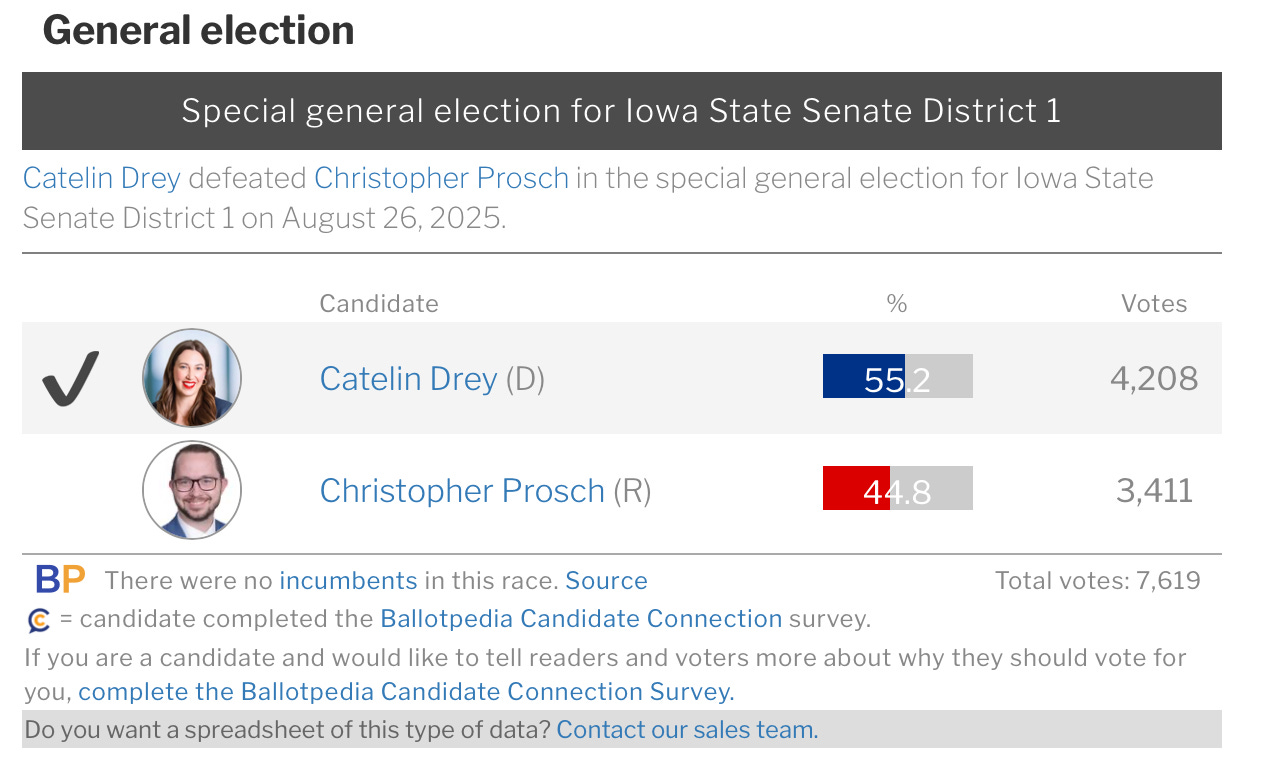

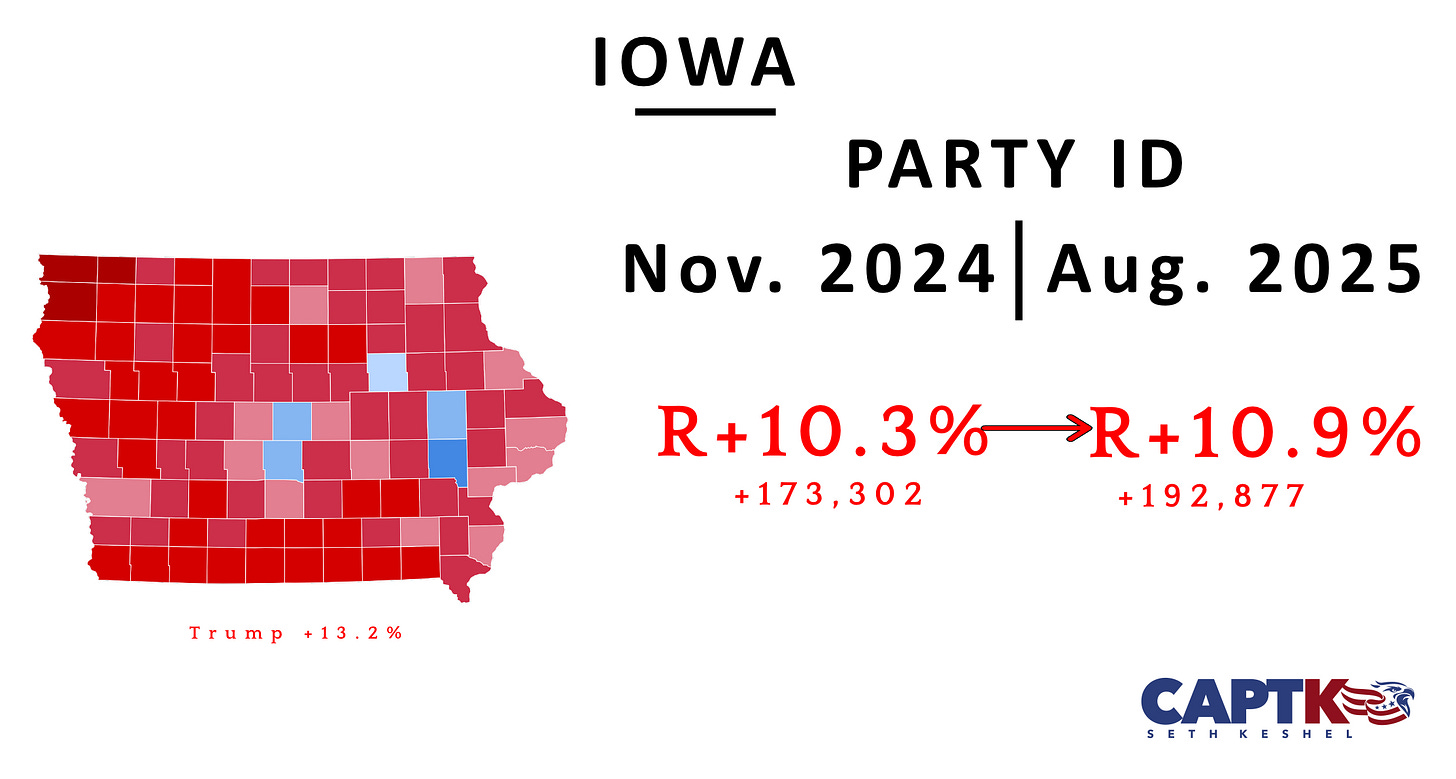
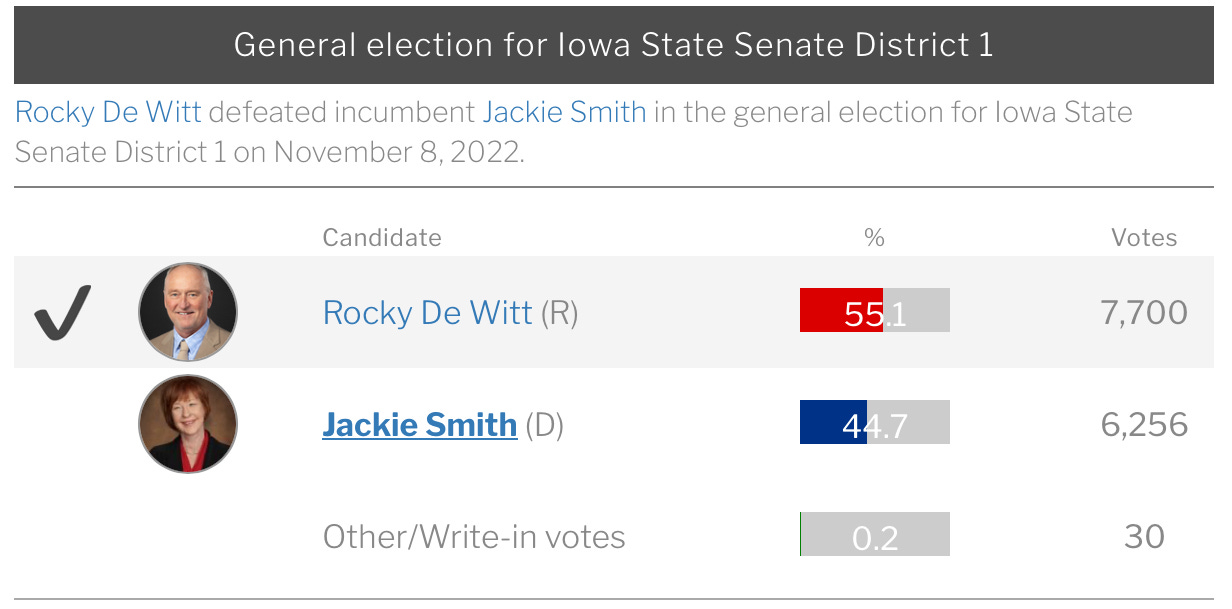
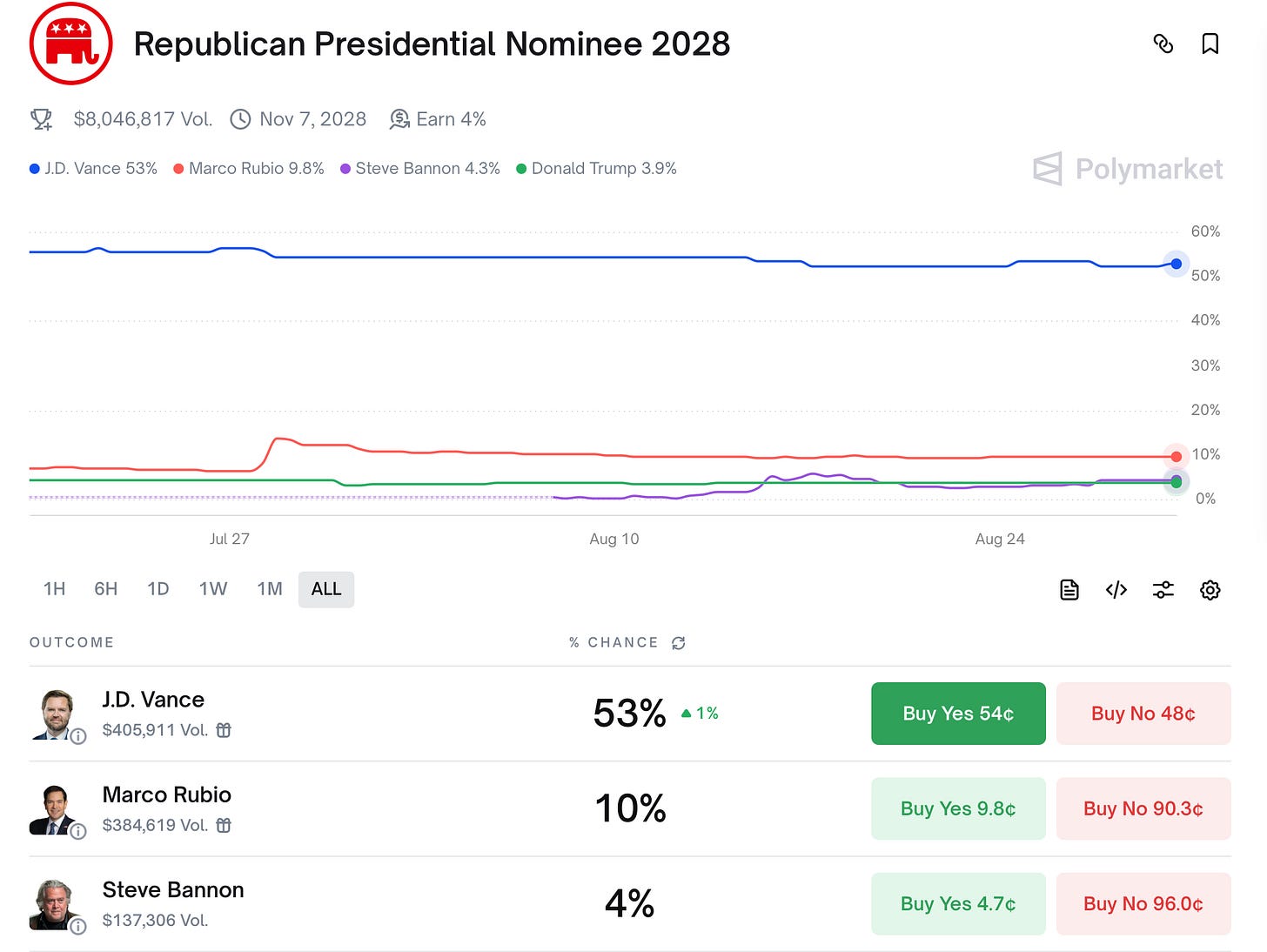
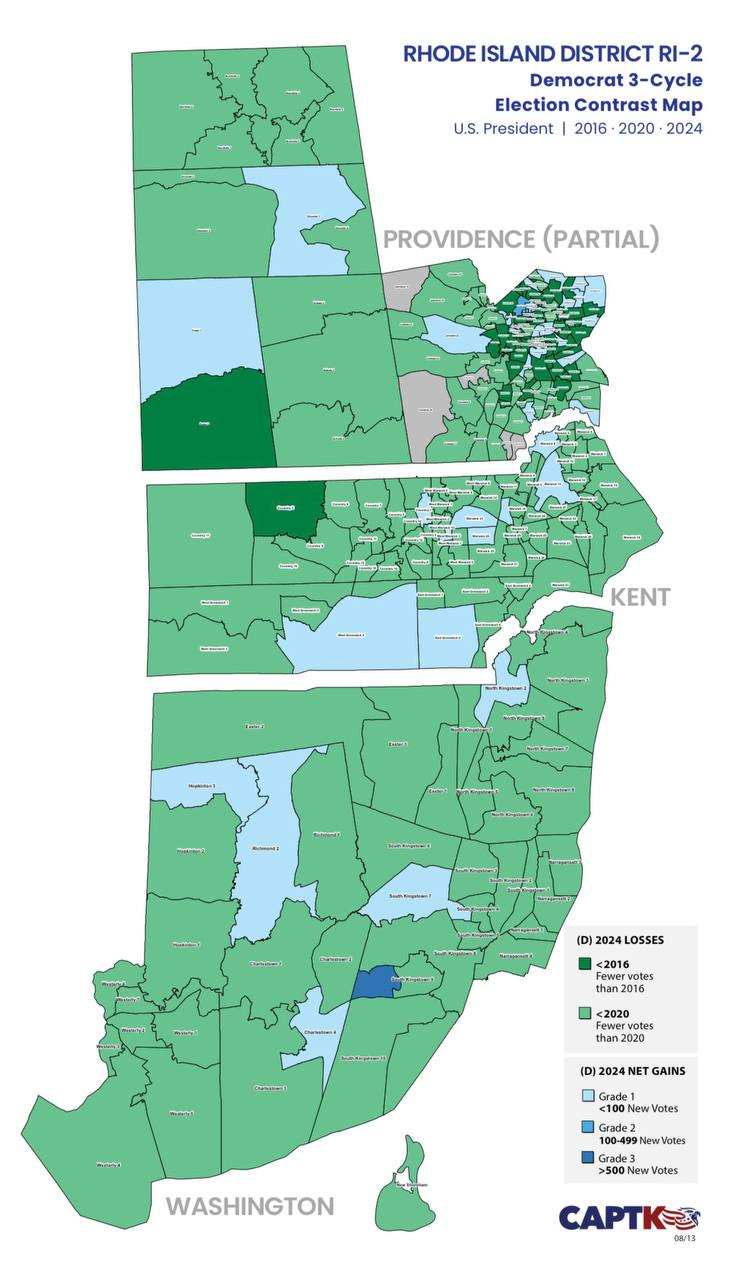
Excellent example. There’s really no vacation coming. Like you have said: Stand up and Do something!
The other side is determined and will NEVER willingly lay down.
It still would be nice if the Republicans took these special elections more seriously.